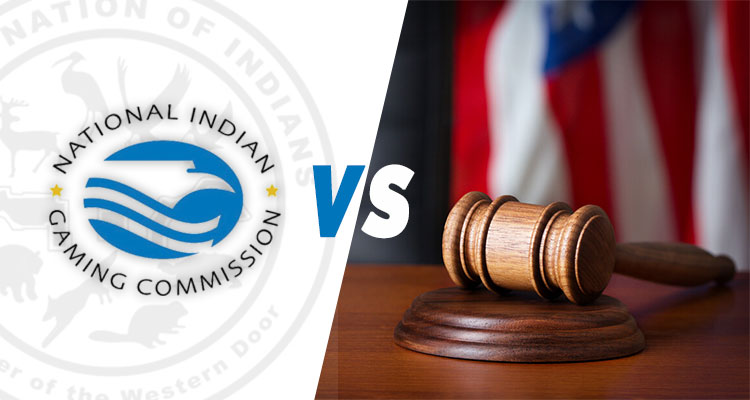U.S. Federal District Court Judge William Skretny ruled Tuesday July 8 in the Citizens Against Casino Gambling in Erie County’s suit against the National Indian Gaming Commission. The 127-page ruling was carefully reasoned and each point answered in detail by the judge. The Seneca Nation is not named as a direct party to the suit but their Buffalo casino project is at the heart of it.
Two major points were brought up by the casino opponents in their lawsuit. The first is whether the territory on which the $333 million casino is being built in Buffalo’s cobblestone district is sovereign. The judge ruled it is. However, in his ruling, Judge Skretny vacated a decision by the National Indian Gaming Commission to allow gambling on the off-reservation site which was the second point brought up by the anti-casino group. The judge said that while the nine-acre parcel, purchased in 2005, qualifies as “Indian lands” within the meaning of the federal Indian Gaming Regulatory Act, it is not eligible for gaming because it was not acquired as part of a land claim.
Seneca Nation president, Maurice A. John Sr., in response to the ruling has said that business will remain as usual for the casino and that the nation intends to continue gaming operations and construction at the Buffalo casino. He said the court’s ruling did not include a closure order, and, he said that such an order would rest with the National Indian Gaming Commission, which is a party to the suit and the Nation is not. The NIGC is the federal agency that regulates Indian gaming in the United States. A final decision to appeal Skretny’s decision can only be made by the gaming commission and U.S. Justice Department.
Cornelius Murray, attorney for the plaintiff, accused the Senecas of being “in denial” and “pretending they won this case” because they have opted to continue operations until the whole issue is finally settled. Murray said they had not heard from the NIGC concerning an appeal but if one is filed his group is “ready for them.” Federal gaming officials have refrained from commenting until they have had a chance to fully review the decision handed down by Skretny.
Not all of the locals are against the casino. Erie County Executive Chris Collins said he hopes the Senecas will press on with their intentions. “I can only hope for the sake of this community that this project does move forward and creates the jobs that we know are intended to be created, and that we in fact have a $330-plus million investment,” he said.
The casino is projected to create more than 1,000 new jobs when it opens in 2010, a real positive for the city given the current economy. The project includes more than 90,000-square-feet of gaming space, a 202 suite hotel plus a series of restaurants, spas and other amenities.
A new twist on the story came when the U.S. Justice Department says it has come up with a new interpretation of Indian gaming laws that could allow the Seneca Indian Nation to continue operating its downtown casino. On July 23, Justice Department lawyers asked Judge Skretny to send the dispute back over to the National Indian Gaming Commission based on this new legal interpretation. Apparently this new version of Indian gaming law was issued by the Interior Department back in May but was not known to Judge Skretny when he issued his ruling.
According to government attorneys, the Interior Department changed its interpretation of Section 2719 in May, and the change will take effect Aug. 25. Under the new interpretation, the government said, “restricted fee lands” — such as the nine-acre parcel that the Senecas own in Buffalo — can be used for casino gambling.
Skretny has not yet responded to the Justice Department request that he allow the gaming commission to reconsider the Senecas’ case but the Seneca’s remain positive. “I’m quite optimistic that the new rule makes a dramatic difference,” said Seneca attorney Laurence H. Tribe. “Now that the new rule has been called to the judge’s attention, it would be very difficult for him not to give it significant weight.”



